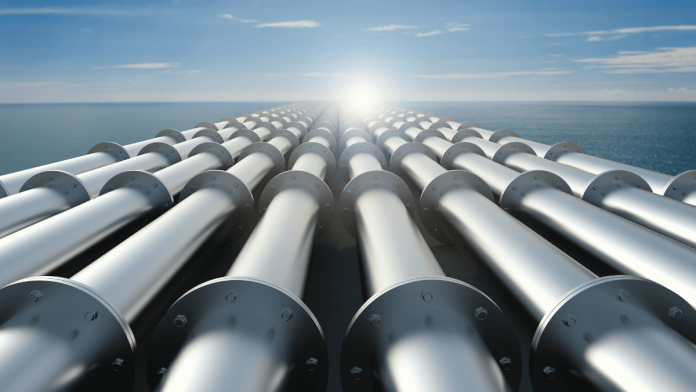Water supply is an essential aspect of any home, and the choice of plumbing materials significantly affects both the quality and longevity of your water system. In HDB flats, understanding the types of pipes used, their durability, and proper maintenance is crucial for avoiding costly repairs and ensuring a reliable water supply. Selecting the right HDB Water Pipe Material can prevent leaks, corrosion, and other plumbing issues over time.
For residents seeking detailed information about different pipe options and their characteristics, HDB Water Pipe Material provides a comprehensive guide to commonly used plumbing materials in HDB flats, their advantages, and practical maintenance tips.
Common Types of HDB Water Pipe Materials
HDB flats in Singapore typically use several types of water pipe materials, each with unique properties and suitability for different applications:
- Galvanized Steel Pipes: These were commonly used in older HDB flats. Galvanized pipes are strong and durable but prone to corrosion over time, which can lead to reduced water pressure and potential leaks.
- Copper Pipes: Copper is highly resistant to corrosion, offers long-term durability, and has antimicrobial properties. It is often used for both hot and cold water supply but is more expensive than other options.
- PEX (Cross-Linked Polyethylene) Pipes: PEX is flexible, resistant to scale and chlorine, and easier to install than metal pipes. It is gaining popularity in modern HDB renovations due to its cost-effectiveness and longevity.
- PVC (Polyvinyl Chloride) Pipes: PVC pipes are lightweight, affordable, and resistant to chemical corrosion. They are commonly used for cold water supply and drainage but are not suitable for high-temperature water systems.
Durability and Lifespan
The lifespan of HDB water pipes depends on the material used, water quality, and maintenance practices. Typical durability ranges include:
- Galvanized steel: 20–50 years, with potential for early corrosion in areas with hard water.
- Copper: 50+ years with proper installation and maintenance.
- PEX: 40–50 years, highly resistant to scale and corrosion.
- PVC: 25–40 years, primarily for cold water supply and drainage systems.
Understanding the expected lifespan of different materials helps homeowners plan for timely replacement and prevent sudden pipe failures.
Signs of Pipe Deterioration
Regular inspection can help identify potential issues before they escalate. Common warning signs include:
- Decreased water pressure, often due to internal corrosion or scale buildup.
- Discolored water, indicating rust or pipe degradation.
- Leaks or water stains on walls and ceilings.
- Strange odors or tastes in the water, suggesting pipe contamination.
Addressing these signs early can reduce repair costs and prevent water damage.
Maintenance Tips for HDB Water Pipes
Proper maintenance extends the lifespan of your water pipes and ensures safe water quality. Recommended practices include:
- Regular Inspection: Check for leaks, corrosion, or visible damage periodically.
- Water Quality Monitoring: Install filters if necessary to reduce sediment, chlorine, or hardness that can accelerate pipe wear.
- Prompt Repairs: Address minor leaks or issues immediately to prevent extensive damage.
- Pipe Replacement: Consider replacing outdated galvanized steel or PVC pipes in older flats to reduce long-term maintenance issues.
- Professional Assistance: Engage licensed plumbers for installation, repairs, and routine maintenance to ensure proper handling and compliance with safety standards.
Choosing the Right Pipe Material
Selecting the appropriate HDB Water Pipe Material depends on several factors:
- Age and layout of the HDB flat.
- Water usage patterns and household size.
- Budget for installation or renovation.
- Preference for durability, flexibility, and maintenance requirements.
Consulting with experienced plumbers can help determine the best material for both efficiency and long-term reliability.
Conclusion
Understanding the different types of HDB Water Pipe Material, their durability, and proper maintenance practices is essential for every homeowner. By selecting the right materials and maintaining them effectively, residents can prevent leaks, ensure a consistent water supply, and extend the lifespan of their plumbing systems. Proactive care and informed decisions about pipe materials not only protect your investment but also contribute to a safe and comfortable home environment.








